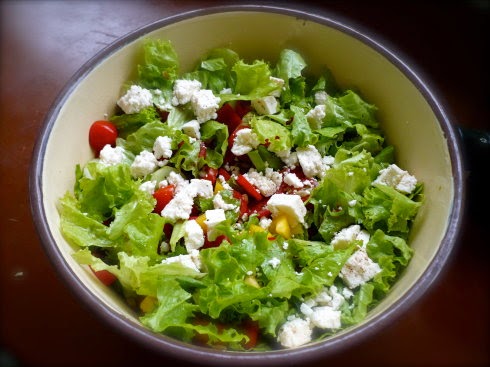Sex. Perhaps a topic on which I should
tread lightly—not only because it's taboo, but also because I am no expert. I wrote about it once before and it's been weighing on my mind again lately
thanks to some interesting blog posts I've read (a recent one on
Speaking of China and an oldie but goody on a great China blog I
discovered: Laowhynot) as well as due to a rather disturbing
discussion I had with a student last weekend—more on that later.
There are lots of different stereotypes
about foreigners in China, notably that we are sex hounds with
insatiable sex drives. Since I'm married, I rarely have to deal with
the problems that come with being perceived as such. Ming has shared
some of the locker room talk he has with his male co-workers and
(although I'm sure he somewhat sensors it), it sounds fairly
innocuous. He faces a few rather benign questions about his sex life
with a foreigner. Mostly, he just tells people it's none of their
business. I guess it's not, though I understand why people are
curious. Though people everywhere are generally the same: they have
family, they eat, they have friends, they work, they have sex. It's
the attitudes towards these things which sometimes vary greatly.
 |
| photo by popawilli via Photobucket |
Even in modern China, I feel like
attitudes toward sex and dating are a bit backwards. While the
situation is certainly changing, double standards abound. Most
notably, young women are often expected to save themselves for the
man they intend to marry. One of my close Chinese friends exemplifies
the situation perfectly.
Firstly, she feels I am one of the only
people she can openly talk to about sex. She admitted that even in
conversations with her closest Chinese friends, the topic is skirted
around. As a 20-something woman, she afraid to even admit she's had
sex. She was most afraid to admit this to her mother, but after
having dating the same man for five years, the truth finally came to
light. The true injustice of things surfaced once her and her
boyfriend broke up. Her mother marked her as damaged good's,
proclaiming that if she wanted to get married she'd “have to settle
for a divorced man.” Evidently, only virgin females get to marry
single Chinese males.
Of course, a lot of Chinese people see
the unfairness. My oldest student, a 17-year-old high school girl,
actually brought the topic up. She is frustrated by the double
standard and told me that lately it's been fervently debated online.
Many people support women's sexual freedom, while others make wild
claims that it is a woman's duty to remain a virgin for her intended
husband. Why? According to my student, some netizens are arguing that
when a woman sleeps with a man, part of his DNA is left behind. When
the woman later become pregnant, the DNA of all her past lovers is
passed on to the fetus. Whaaaaaaat? And the rationalization for wanting a virgin wife continues on. . .
What are attitudes like in your country? Do you think there is a double standard when it comes to sex and gender?



















